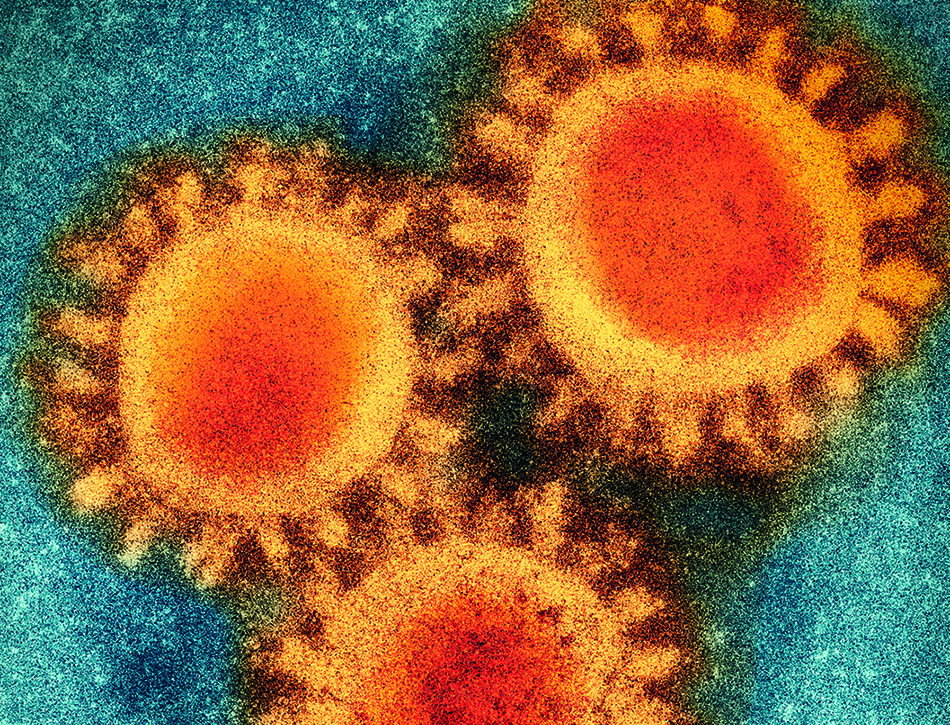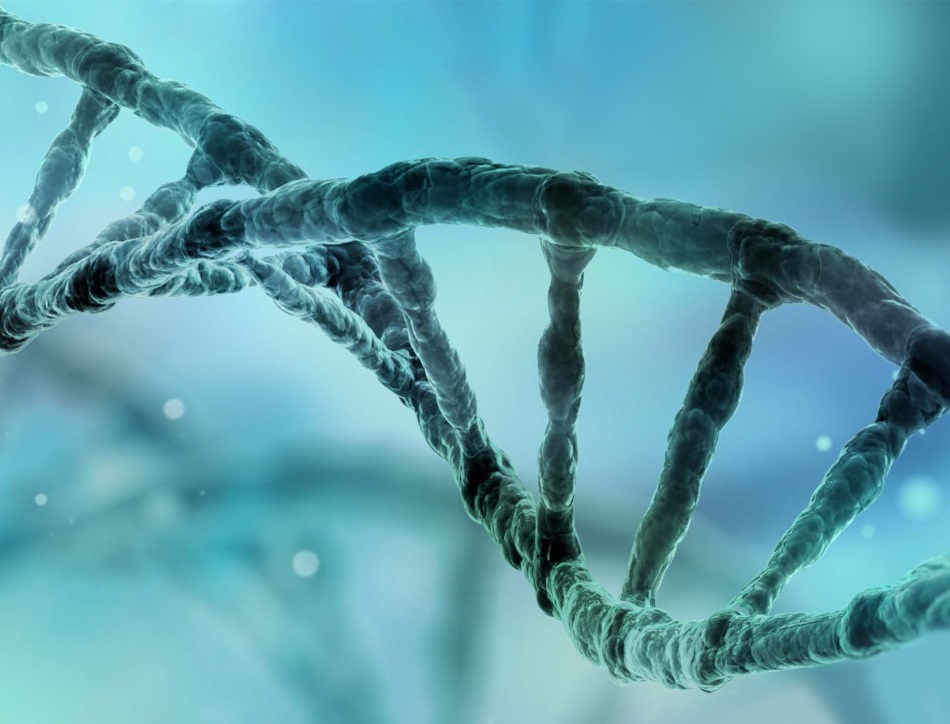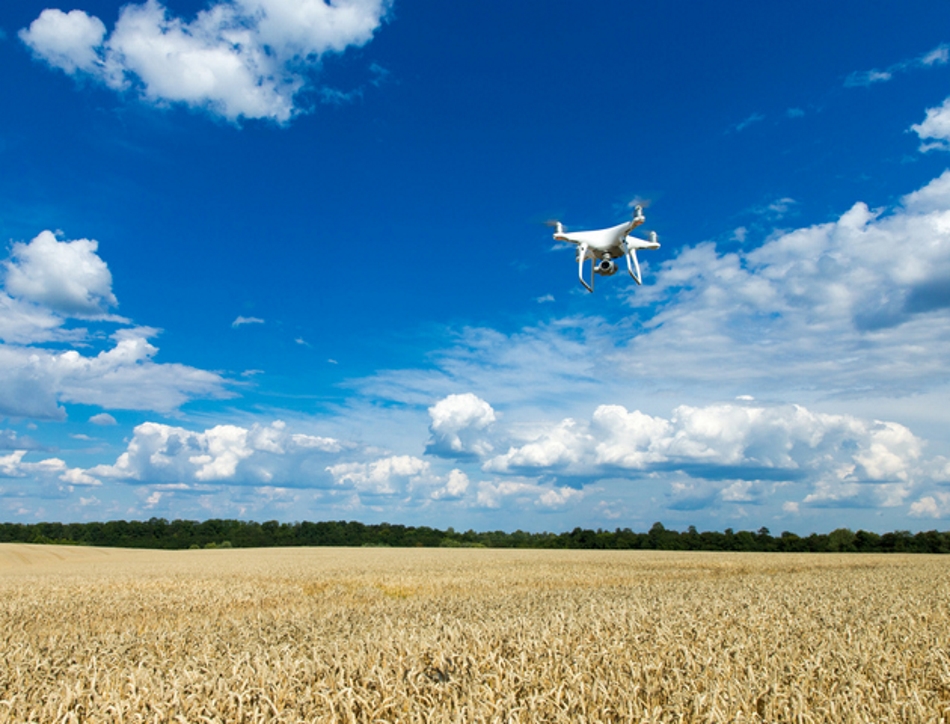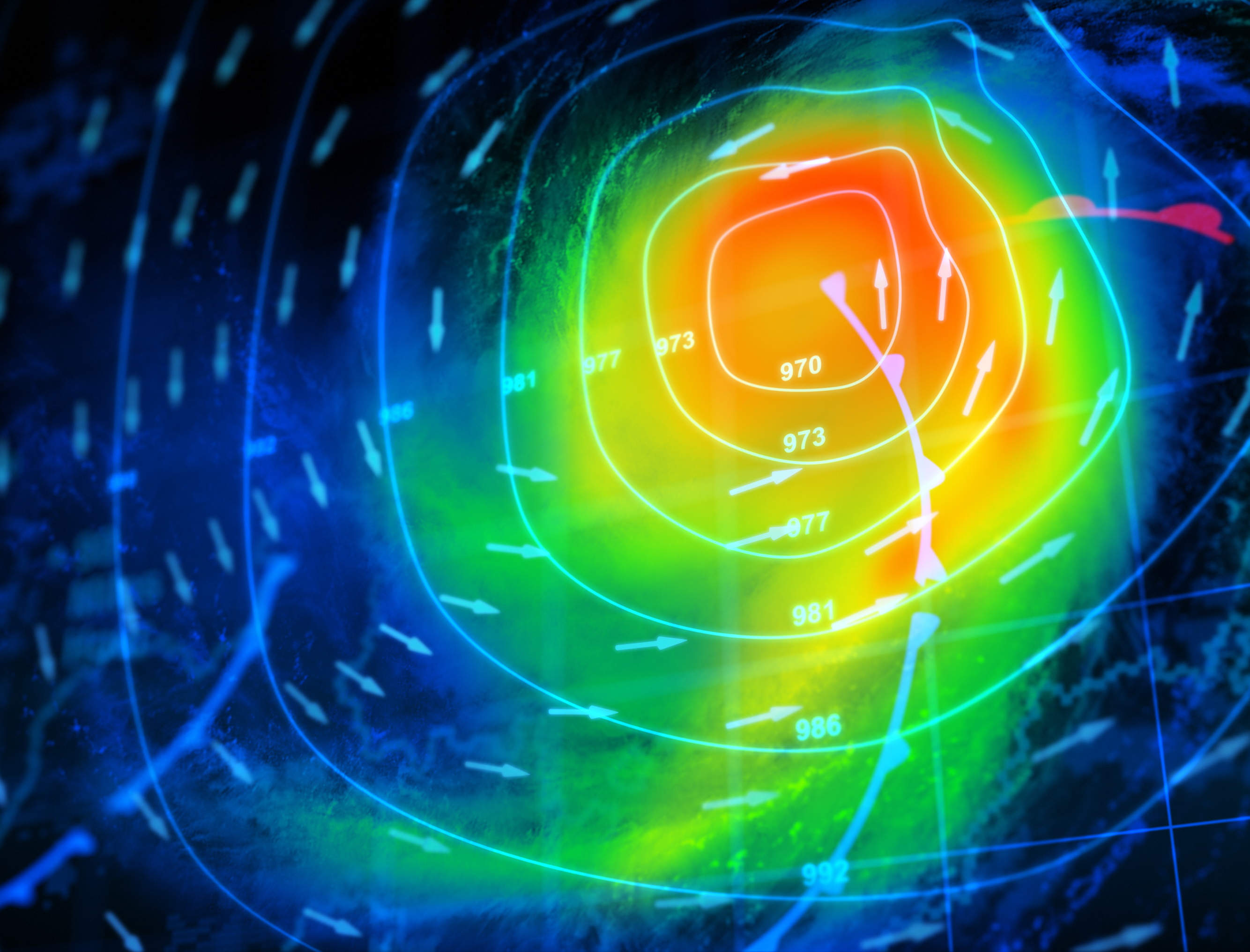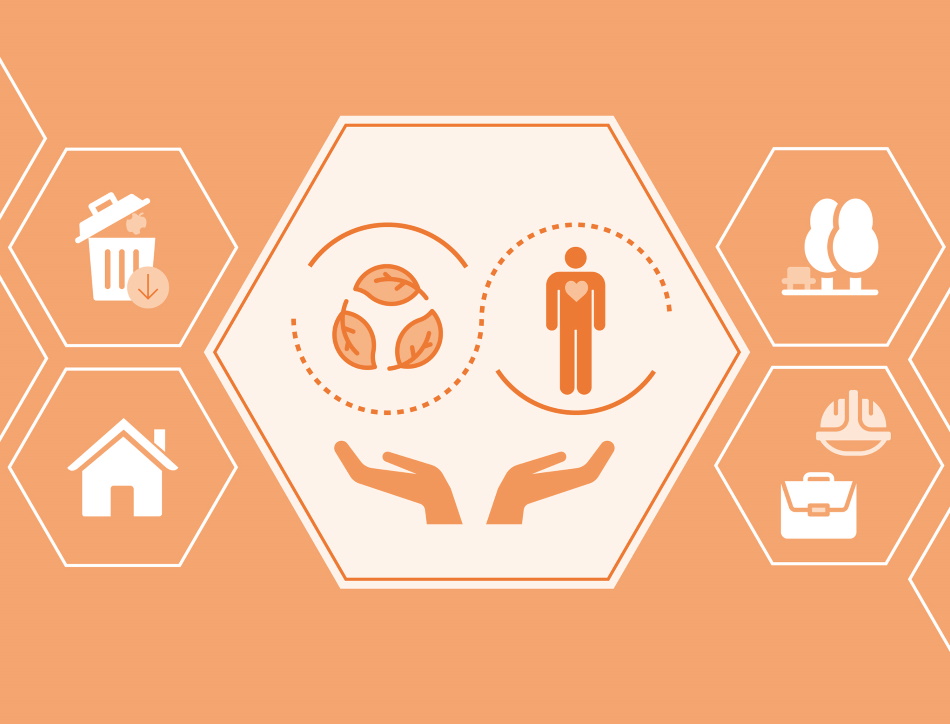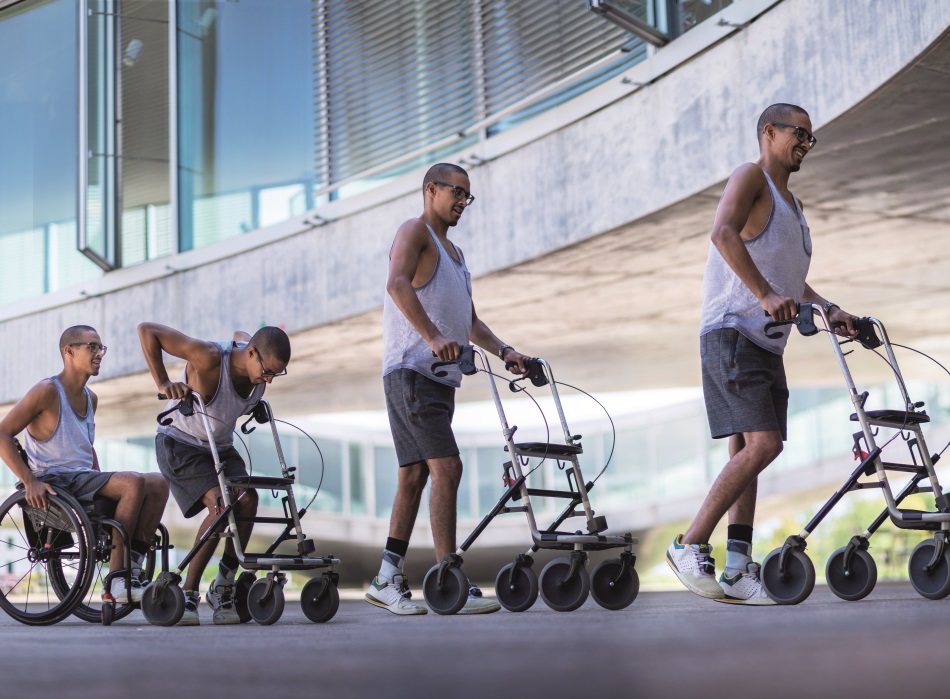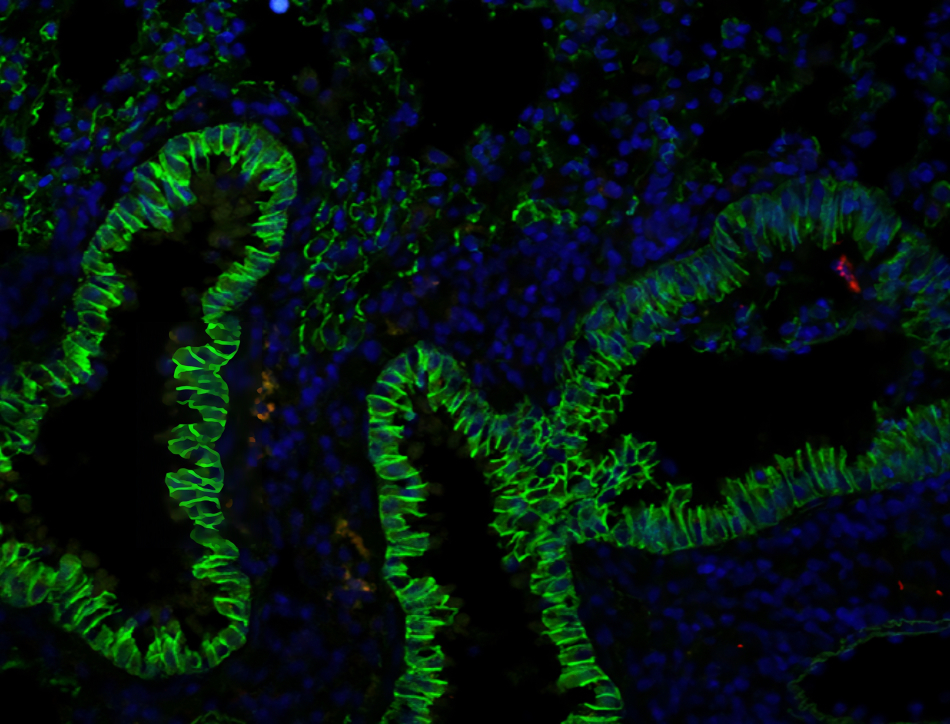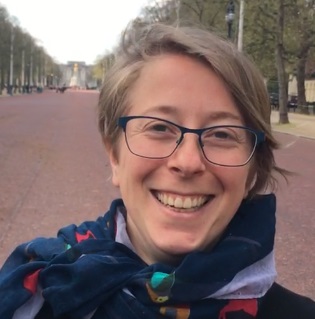The COVID-19 pandemic saw unprecedented scientific collaboration as part of the global effort to tackle the disease. Intensive research on the biology of the SARS-CoV-2 virus and the rapid development of vaccines against it undoubtedly helped to control the pandemic and save lives. Yet, the long-term impact of the disease, and the decisions made to contain its spread, are still being felt today by individuals, societies and entire economies.
Yet, the threat has not diminished. However, the growing human population and international travel is only increasing the risk posed by new emerging infectious diseases by making it easier for them to spread. Existing threats such as Ebola, influenza, zika, and other coronaviruses require heightened attention, while climate change will see infectious diseases spread to new areas.
The Royal Society and other scientific academies around the world have highlighted the need for better global surveillance of infectious diseases, along with improved planning, cooperation and infrastructure to ensure future pandemics can be dealt with effectively.
Meanwhile, a powerful tool against infectious diseases – antimicrobial drugs – are being left increasingly ineffective as bacteria, fungi and viruses evolve resistance to them. Without alternatives to the dwindling number of antimicrobial treatments, drug-resistant infections will pose a growing threat to humanity.
There are valuable lessons to be learned from the most recent pandemic to help the world be better prepared in the future. A report by the Royal Society concluded that public health measures such as lockdowns, social distancing, travel restrictions and facemasks might play an important role in pandemic responses going forward.


